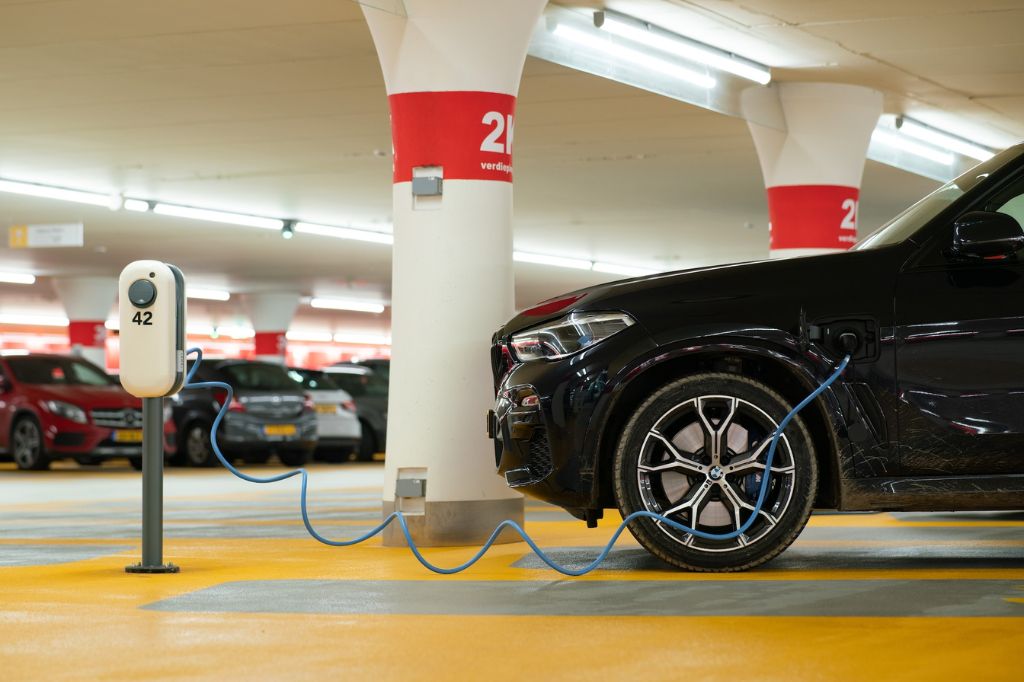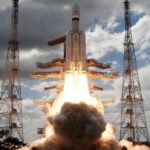Malaysia is accelerating its participation in the electric vehicle (EV) supply chain with a landmark partnership with Tesla, emphasizing its ambition to be a regional hub in Southeast Asia.
Key Highlights:
- Strategic Partnership with Tesla: Malaysia’s agreement with Tesla includes provisions for selling Shanghai-made Tesla vehicles without tariffs or middleman markup. This significant move augments Southeast Asia’s place in the global EV supply chain.
- Tesla’s Regional Base: Tesla will establish a headquarters and service center in Selangor, with charging stations planned across major metropolitan areas.
- Local Battery Manufacturing: Plans are underway for Tesla to initiate EV battery production in Malaysia, contributing to local industries.
- Open to More Investments: Malaysia’s Prime Minister Anwar Ibrahim confirms interest in more foreign EV investments, potentially involving Chinese automakers.
- Bumiputera Policy: Although foreign companies usually must adhere to a 30% equity ownership by native populations, Tesla is exempted from this rule, emphasizing Malaysia’s focus on economic returns.
- Transfer of Technology: In addition to exemptions from equity requirements, Malaysia is prioritizing tech transfers and training.
- Regional Collaboration: Despite competition, Malaysia seeks to complement its neighbors, like Indonesia, in the EV industry.
Prime Minister Anwar Ibrahim, in an exclusive interview, expressed that EVs are the nation’s priority. Tesla’s collaboration is seen as a vital part of Malaysia’s Battery Electric Vehicle Global Leaders initiative, expanding opportunities for the U.S. automaker into new markets, especially as growth slows in China.
To bolster the relationship, Tesla will set up charging stations, a regional headquarters, and a service center, providing a network that enhances the nation’s EV infrastructure. Additionally, there are ambitious plans for Tesla to start battery manufacturing in Malaysia, paving the way for technological advancements in the region.
This partnership coincides with a positive investment climate in Malaysia, further marked by Chinese automaker Zhejiang Geely’s $10 million expansion and German chipmaker Infineon Technologies’ $5.46 billion expansion.
Although Malaysia’s Q2 foreign direct investment decreased to $666.9 million, the Anwar government attributes this spike in foreign investments to political stability.
Finally, Anwar emphasized the importance of regional collaboration over competition, hinting at a collective vision for Southeast Asia’s EV industry.
Malaysia’s alignment with Tesla is undoubtedly a game-changer for the nation and Southeast Asia’s burgeoning EV market, illustrating a powerful synergy between technological advancement and geopolitical strategy.

















